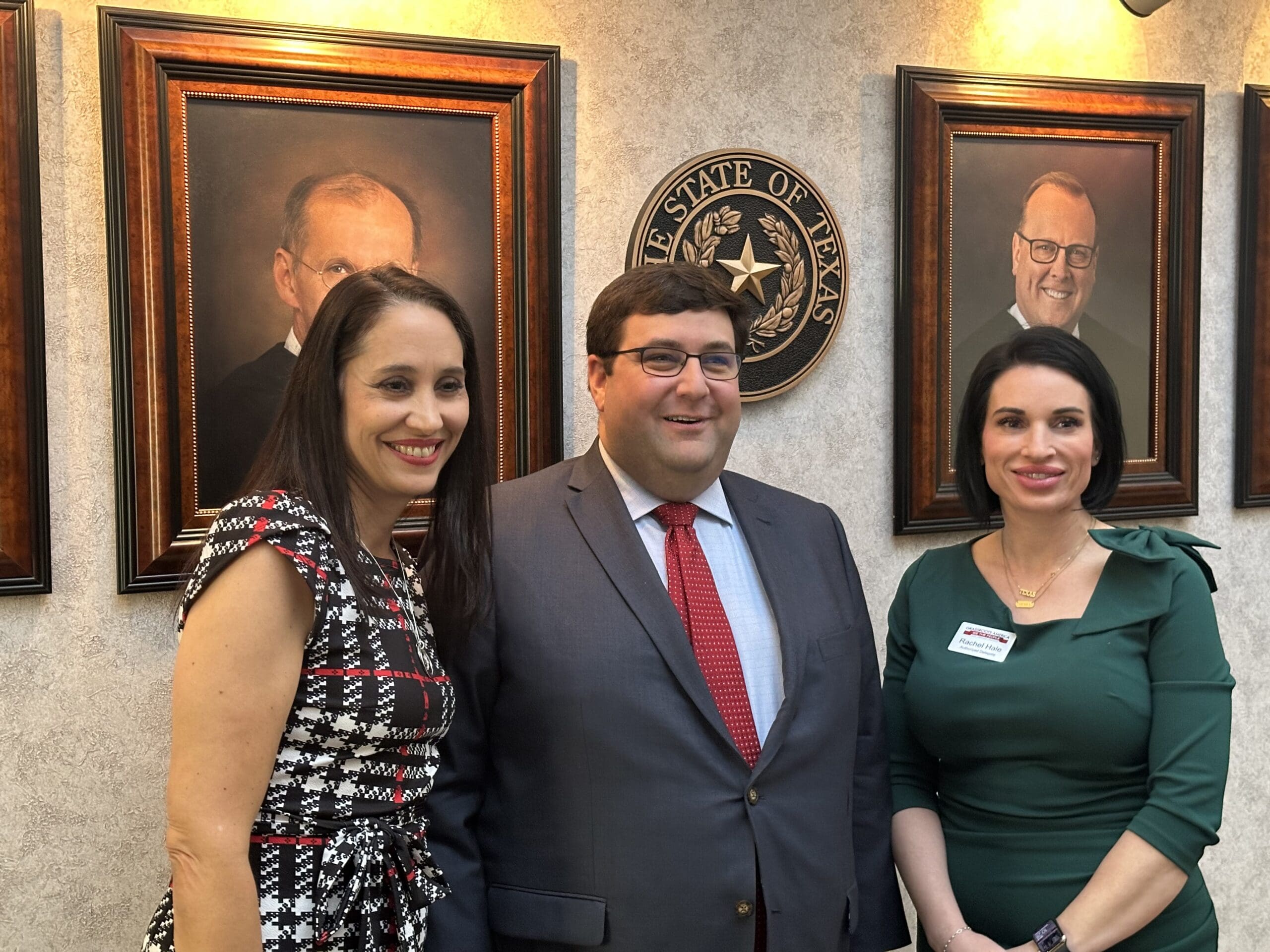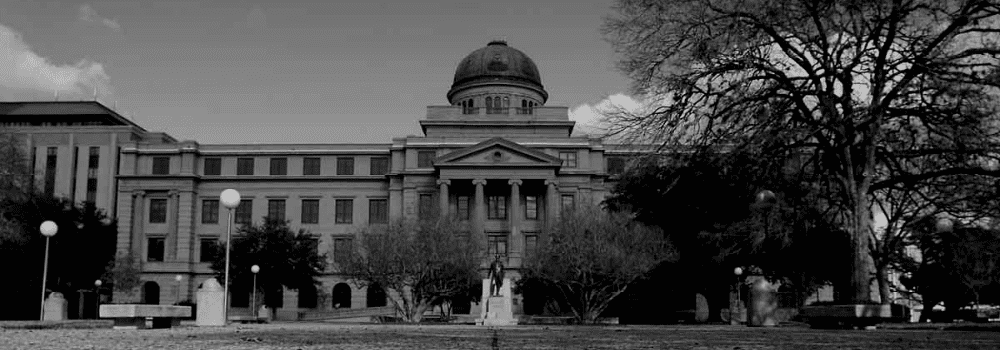Not only did November’s election validate support for conservatives, it also demonstrated bi-partisan support for local debt reform. Eighty-nine percent of Dallas City voters favored a measure that will now require increased ballot disclosure, garnering the highest approval of any of Dallas’ nine charter reforms.
Debt transparency is so popular that support for it equaled that of technical corrections to the city’s charter! In other words, voters across the political spectrum in Dallas view debt transparency and ballot disclosure as a non-partisan, common sense policy reform.
While all nine of Dallas’ charter amendments passed, the move to increase pay for city officials was the least popular, barely passing with less than 51% in support. It’s no surprise that open government and fiscal responsibility are significantly higher priorities for taxpayers than increasing the pay of Dallas’ politicians.
Dallas isn’t known as the bastion of conservatism, making support for ballot disclosure there all the more significant to debt reform efforts across the state. In fact, the city councilman credited for pushing the reform, Scott Griggs, has a Democrat voting history.
To date, cities and school districts have been intentionally underreporting the cost of local debt by at least 40%, by excluding the projected cost of interest on local ballots. As a result, taxpayers who vote aren’t seeing the debt proposition’s total price tag and aren’t told how much the measure will increase future property taxes.
Unsurprisingly, the media has been largely silent on debt reform, since the local governments they often provide cover for also support a big-spending, big-government, liberal-leaning policy agenda.
Texans concerned about government accountability need to ask their officials to support debt transparency reform at the state and local level. At the municipal level, this can be attempted in two ways. Citizens can ask local officials to advance charter amendments voluntarily. If that fails, residents can initiate a grassroots petition drive that would force a public vote on charter reforms.
Dallas has proven that many localities don’t need to wait for a mandate from the legislature in order to enact limits on government.
In the face historical of opposition, however, from local, pro-big-government special interests like the Texas Municipal League, the Texas Association of School Boards, the Texas Association of School Administrators and the Fast Growth School Coalition, a state mandate may be absolutely necessary.
After all, their alternatives to taxpayer safeguards are simple—unlimited property tax increases.
*This article is part of a series by Texans for Fiscal Responsibility on the state & local debt reforms listed below:
Guiding Principles for Local Debt Transparency, Accountability, & Fair Elections
- Arm Voters with Basic Fiscal Information at the Ballot Box
- Avoid Using Long-Term Debt to Finance Short-Term Consumables, Operating Expenses
- End the Use of Exotic (Non-Traditional) Public Financing Schemes like CABs
- Employ Independent, Outside Auditing and Online Assurance for Use of Funds
- Put Forward Separate Ballot Propositions for Major Projects Financed
- Conduct Fair Elections with Minimum Turnout Requirements




